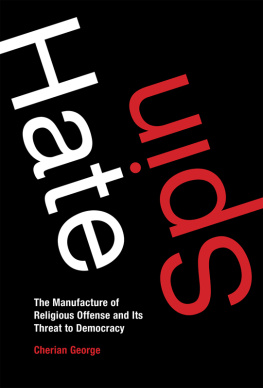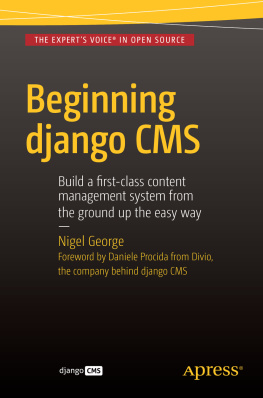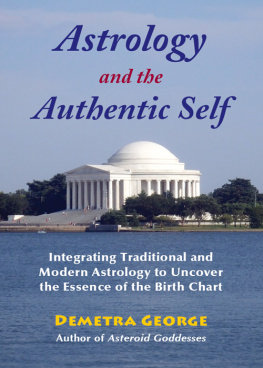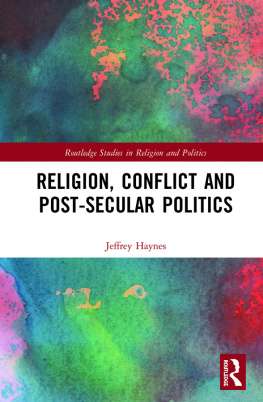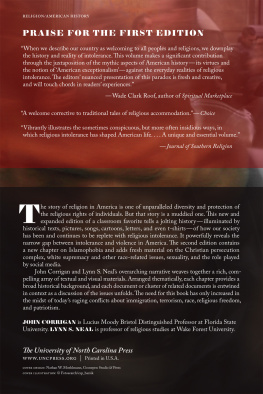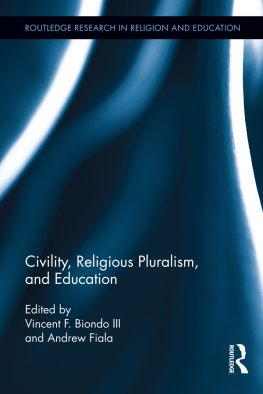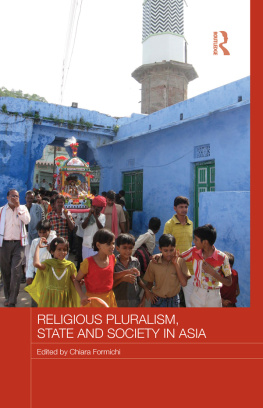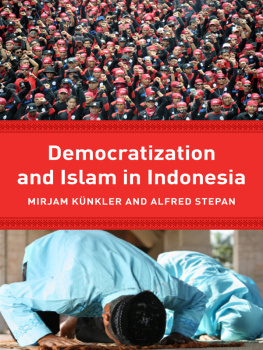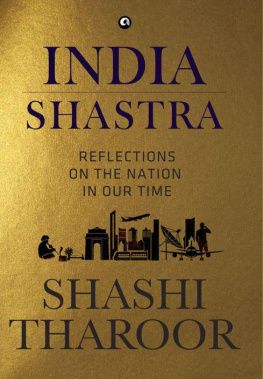Information Policy Series
Edited by Sandra Braman
The Information Policy Series publishes research on and analysis of significant problems in the field of information policy, including decisions and practices that enable or constrain information, communication, and culture irrespective of the legal siloes in which they have traditionally been located as well as state-law-society interactions. Defining information policy as all laws, regulations, and decision-making principles that affect any form of information creation, processing, flows, and use, the series includes attention to the formal decisions, decision-making processes, and entities of government; the formal and informal decisions, decision-making processes, and entities of private and public sector agents capable of constitutive effects on the nature of society; and the cultural habits and predispositions of governmentality that support and sustain government and governance. The parametric functions of information policy at the boundaries of social, informational, and technological systems are of global importance because they provide the context for all communications, interactions, and social processes.
Virtual Economies: Design and Analysis, Vili Lehdonvirta and Edward Castronova
Traversing Digital Babel: Information, e-Government, and Exchange, Alon Peled
Chasing the Tape: Information Law and Policy in Capital Markets, Onnig H. Dombalagian
Regulating the Cloud: Policy for Computing Infrastructure, edited by Christopher S. Yoo and Jean-Franois Blanchette
Privacy on the Ground: Driving Corporate Behavior in the United States and Europe, Kenneth A. Bamberger and Deirdre K. Mulligan
How Not to Network a Nation: The Uneasy History of the Soviet Internet, Benjamin Peters
Hate Spin: The Manufacture of Religious Offense and Its Threat to Democracy, Cherian George
Big Data Is Not a Monolith, edited by Cassidy R. Sugimoto, Hamid R. Ekbia, and Michael Mattioli
Hate Spin
The Manufacture of Religious Offense and Its Threat to Democracy
Cherian George
The MIT Press
Cambridge, Massachusetts
London, England
2016 Massachusetts Institute of Technology
All rights reserved. No part of this book may be reproduced in any form by any electronic or mechanical means (including photocopying, recording, or information storage and retrieval) without permission in writing from the publisher.
This book was set in Stone Sans and Stone Serif by Toppan Best-set Premedia Limited. Printed and bound in the United States of America.
Library of Congress Cataloging-in-Publication Data
Names: George, Cherian, author.
Title: Hate spin : the manufacture of religious offense and its threat to democracy / Cherian George.
Description: Cambridge, MA : MIT Press, 2016. | Series: Information policy | Includes bibliographical references and index.
Identifiers: LCCN 2016014335 | ISBN 9780262035309 (hardcover : alk. paper)
eISBN 9780262336062
Subjects: LCSH: Offenses against religionLaw and legislation. | Offenses against religionPolitical aspects. | Freedom of speech. | Political persecution. | Hate speechLaw and legislation
Classification: LCC K5305 .G46 2016 | DDC 345/.0288dc23 LC record available at https://lccn.loc.gov/2016014335
ePub Version 1.0
To the memory of Ibrahim Haji Kader Mustan (19251976)
Series Editors Introduction
Sandra Braman
Elisabeth Noelle-Neumann, in her influential and still important work The Spiral of Silence, asked just how it is that extreme positions of hate against entire populationshate speechcan come to dominate politically. Her question was inspired by the Nazis, but her insights into the psychology of public speech, from what may begin as very small and highly deviant groups expressing extreme views, have helped us understand humanitarian disasters such as the genocidal war between the Hutus and the Tutsis, so clearly driven by a deliberate radio campaign. Jacob Shamir and Michal Shamir, in The Anatomy of Public Opinion, explores ways in which differences in knowledge base prior to exposure to extreme speech can affect how individuals engage with or are affected by these processes, and others who study public opinion have added to our understanding of individual-level dynamics that lead to mass mobilization via extreme speech. Mark Granovetters sociological work on Threshold Models of Collective Behavior valuably extends the argument to decisions made by individuals in groups that turn from speech to extreme behavior, as when violence erupts during a political demonstration.
In these public opinion and sociology literatures, researchers and theorists are concerned with the effects of extreme speech on individual expression and action. The focus is on what has happened in historical hate speech campaigns and their consequencesthe figure in the figure/field configuration that always characterizes our research subjects. By contrast, in Hate Spin, Cherian George starts by looking at the field, noting that there must be additional dynamics in play because there have been myriad instances in which expressions of hate speech have generated no social consequences at all. His in-depth research in three of the worlds largest democracies clearly explains that what makes the differencewhat triggers hate speech campaigns and their genocidal effectsare choices made by political entrepreneurs to deliberately use opportunities to take offense to achieve other political goals. His focus is not on the effects of hate speech, but its use as a political tool. The analyses provided here identify specific individuals, historic moments, and decisions of these kinds in qualititively different social, economic, political, and legal environmentsas well as examples of opportunities to use this political tool that were not taken, either because there was no immediate political advantage to be gained or because there was no appropriately positioned political entrepreneur in place to take advantage of the moment.
Georges theory of hate spin provides an original, persuasive, and valuable framework for thinking about these phenomena and the processes they unleash. He peels back the big and often overly simple narratives characterizing much of what is said publicly about matters such as responses to Danish publication of cartoons about the Prophet Mohammed. What he makes visible are the very specific political motives and decisions of individual actors in particular contexts that led to social explosions when and where they took place. Developments in each of the three countries studied are contextualized within the long histories of the pertinent societies, with acute observations into historical events and contemporary forces that create the contexts within which hate spin has come to be seen as such a useful political tool.
This authors insights into the dynamics in play provide a foundation for a critique of existing laws and regulations intended to deal with the deliberate giving of offense (hate speech) and the deliberate taking of offense, which together comprise hate spin. George argues that the law is not only, in many places, inadequate for contemporary social dynamics, but it also can provide affordances for conflict. The book builds upon its theory, analysis of the social processes underway, and significant case studies to offer an exploration of what the media, civil society, and the law areand could bedoing. All three are important to each of us as individuals and to society as a whole.
From the perspective of the Information Policy series, the analyses of the history, development, and current status of laws and regulations that can facilitate or impede the ability to engage in hate spin are of particular value. For those in the information policy / law and society domains, this book identifies a research agenda of great significance and urgent immediate need. The subject of information policy and the refugees and displaced persons who are on the move precisely because of successful uses of hate spin is also of interest to the series.
Next page
